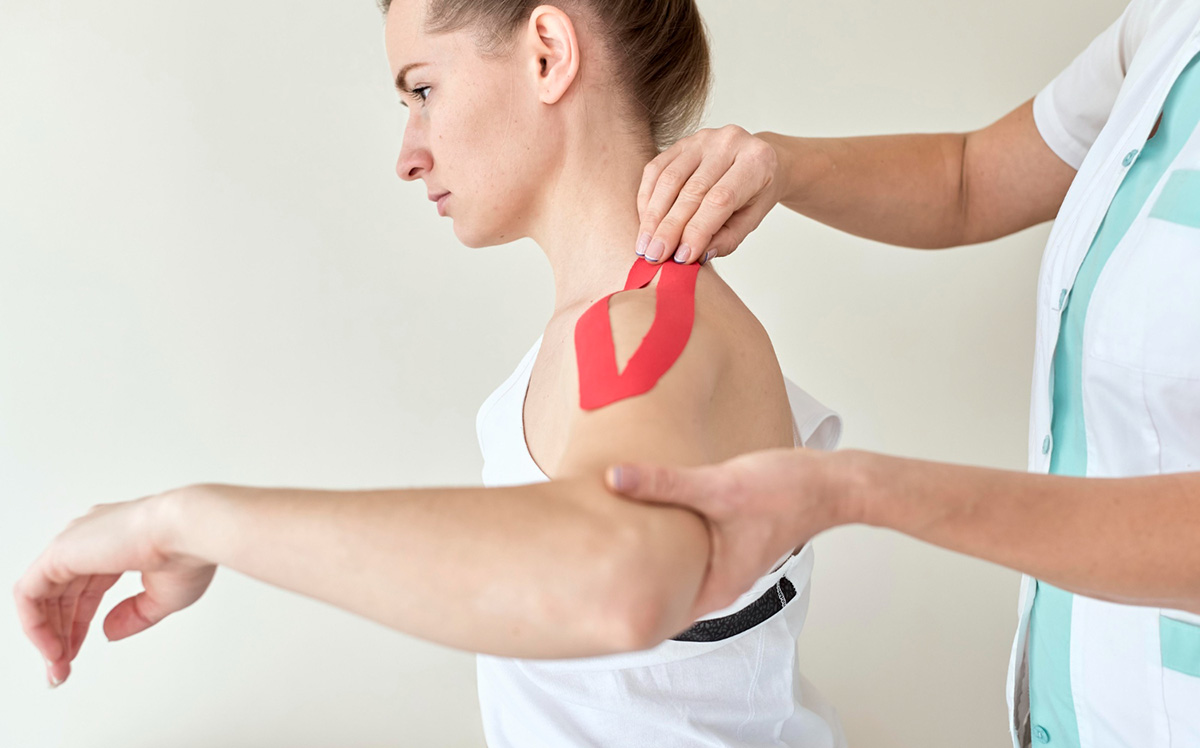
The rotator cuff is a group of muscles and tendons surrounding the shoulder joint, which helps in the rotation and stabilization of the arm. Due to factors such as aging, sports injuries, or repetitive motions, the rotator cuff can get damaged, leading to pain, weakness, and limited mobility. If you’ve been diagnosed with a rotator cuff tear or suspect you may have one, you probably have many questions about its causes, symptoms, and treatment options. In this blog post, we’ll answer some of the frequently asked questions about rotator cuff tears to help you better understand your condition and make informed decisions about your health.
1. What Causes Rotator Cuff Tears?
Rotator cuff tears can occur due to a sudden injury, such as falling on an outstretched hand or lifting a heavy object with a jerking motion, causing a tear in the tendon. Rotator cuff tears can also happen over time due to repetitive overhead activities, such as playing tennis or painting a ceiling. Aging can also weaken the tendons and lead to a rotator cuff tear, especially in individuals over the age of 40.
2. What are the Symptoms of Rotator Cuff Tears?
The symptoms of a rotator cuff tear can vary from mild to severe, depending on the size and location of the tear. Common symptoms include pain and tenderness in the shoulder, especially when lifting or reaching overhead; weakness or stiffness in the shoulder; and a clicking or popping sensation when moving the arm. In some cases, a rotator cuff tear may cause no symptoms at all, but it can lead to progressive degeneration of the shoulder joint over time.
3. How is a Rotator Cuff Tear Diagnosed?
To diagnose a rotator cuff tear, your doctor will first perform a physical exam and review your medical history and symptoms. They may recommend imaging tests, such as an X-ray, MRI, or ultrasound, to confirm the diagnosis and evaluate the extent of the tear. In some cases, your doctor may also recommend arthroscopy, a minimally invasive surgical procedure that allows them to see inside the joint and repair the tear.
4. What are the Treatment Options for Rotator Cuff Tears?
The treatment for a rotator cuff tear depends on the size, location, and severity of the tear, as well as your overall health and activity level. In some cases, rest, ice, and physical therapy may be enough to reduce pain and improve mobility. If the tear is severe or causes significant pain and limitations, your doctor may recommend surgery to repair the tendon. Surgery can involve arthroscopic or open techniques, depending on the type of tear. Recovery from surgery may take several months and require physical therapy to regain strength and flexibility.
5. How Can I Prevent Rotator Cuff Tears?
While some factors contributing to a rotator cuff tear, such as age or genetics, cannot be prevented, there are steps you can take to reduce your risk of injury. It’s important to maintain good shoulder strength and flexibility through regular exercise and stretching. When lifting heavy objects, use proper technique and avoid sudden jerking or twisting motions. If you participate in sports or other activities that involve overhead motions, wear proper protective gear and take breaks when necessary. Avoid sleeping on the affected shoulder or overusing it during activities.
Conclusion
A rotator cuff tear can be a painful and disabling condition that affects your daily activities and quality of life. By understanding the causes, symptoms, diagnosis, and treatment options of a rotator cuff tear, you can work with your doctor to develop a personalized treatment plan and ensure the best possible outcome. If you’re experiencing shoulder pain or suspect a rotator cuff tear, don’t hesitate to seek medical attention from an experienced orthopedic surgeon in Debary, FL, such as Central Florida Bone & Joint Institute. With proper diagnosis and treatment, you can regain shoulder function and enjoy life pain-free.